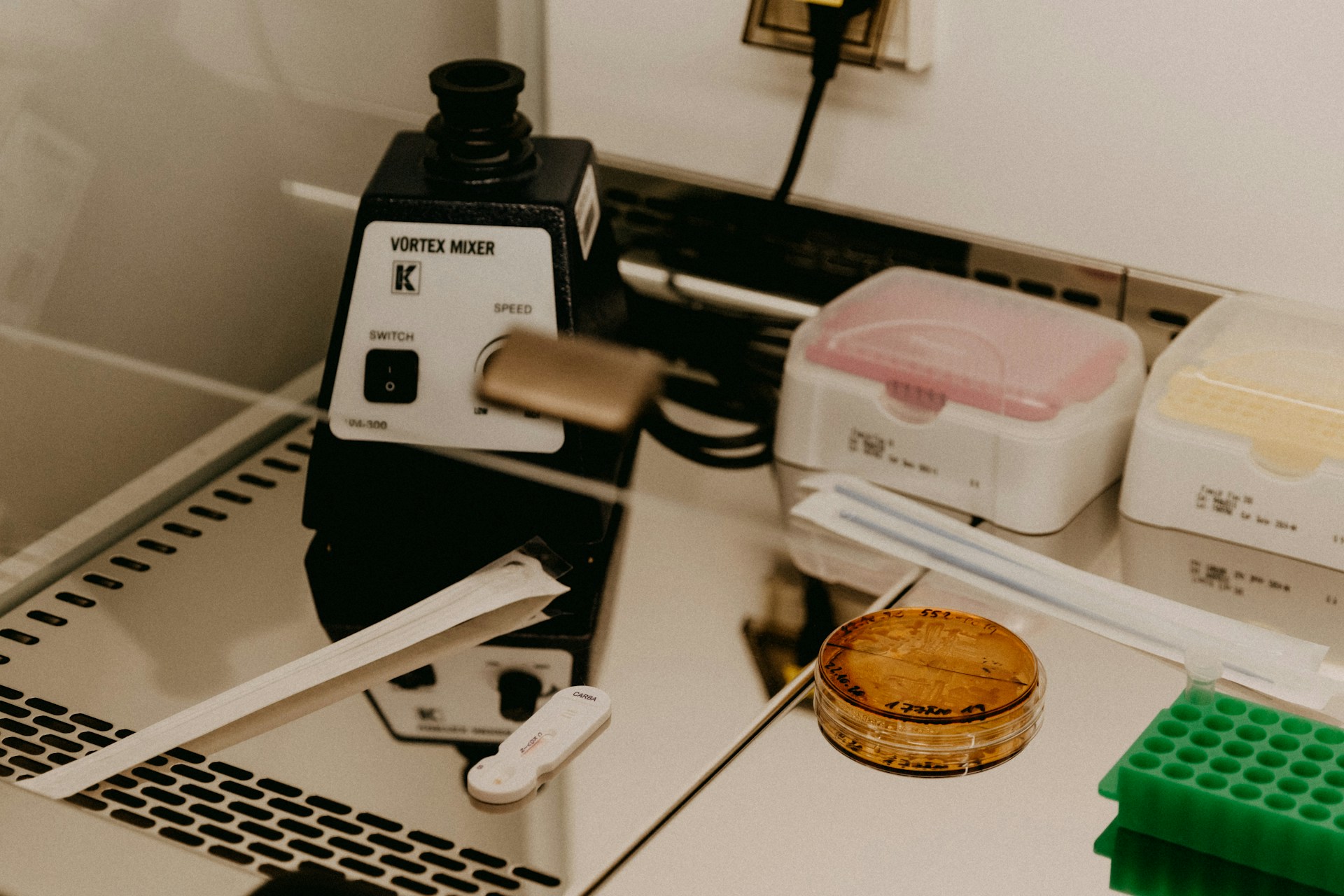Researchers at the University of Amsterdam have been researching and developing a new PFAS-free method for synthesising fluorinated pharmaceutical and agrochemical compounds. This new technique replaces environmentally persistent PFAS (polyfluoroalkyl substances) with safer alternatives, using a flow chemistry process that incorporates caesium fluoride.
Professor Timothy Noël, who led the research, commented on the new development:
“Our aim was to find a more sustainable approach for fluorinating molecules essential to both the pharmaceutical and agrochemical industries. By eliminating PFAS, we can now create these compounds in a way that reduces environmental burden, without compromising their efficiency.”
This method allows the attachment of trifluoromethyl groups; which is incredibly important for drug stability and pesticide efficacy, through sulphur, nitrogen, or oxygen atoms, offering properties such as improved lipophilicity and metabolic stability.
AstraZeneca, one of the industrial partners involved in the research, recognised the potential of this method. A company spokesperson said,
“The pharmaceutical industry is always seeking more sustainable ways to produce vital compounds, and this PFAS-free method is a major step forward in reducing our environmental impact while maintaining high standards for drug development”
Ontop of the environmental benefits, the technology has strong industrial applications. The microfluidic flow system designed by the team leads to safer handling of reactive intermediates, which could change the way these compounds are usually synthesised at scale. The method also addresses regulatory pressures to phase out PFAS, offering an eco-friendly solution that companies in the chemical industry looking for due to increased regulation and consumer pressure.
The research is still in its early stages, but the high efficiency and scalability of this approach could mean that it may have an real impact in the industry. As Professor Noël stated,
“This is just the beginning. We believe our method could be adapted for other industries that rely on fluorinated compounds, helping them meet sustainability goals without sacrificing performance.”

Hassan graduated with a Master’s degree in Chemical Engineering from the University of Chester (UK). He currently works as a design engineering consultant for one of the largest engineering firms in the world along with being an associate member of the Institute of Chemical Engineers (IChemE).



